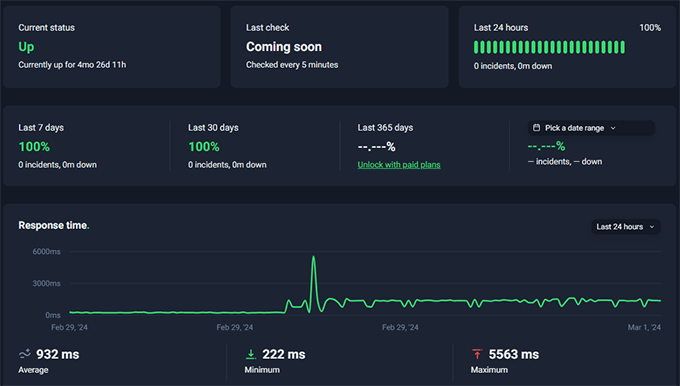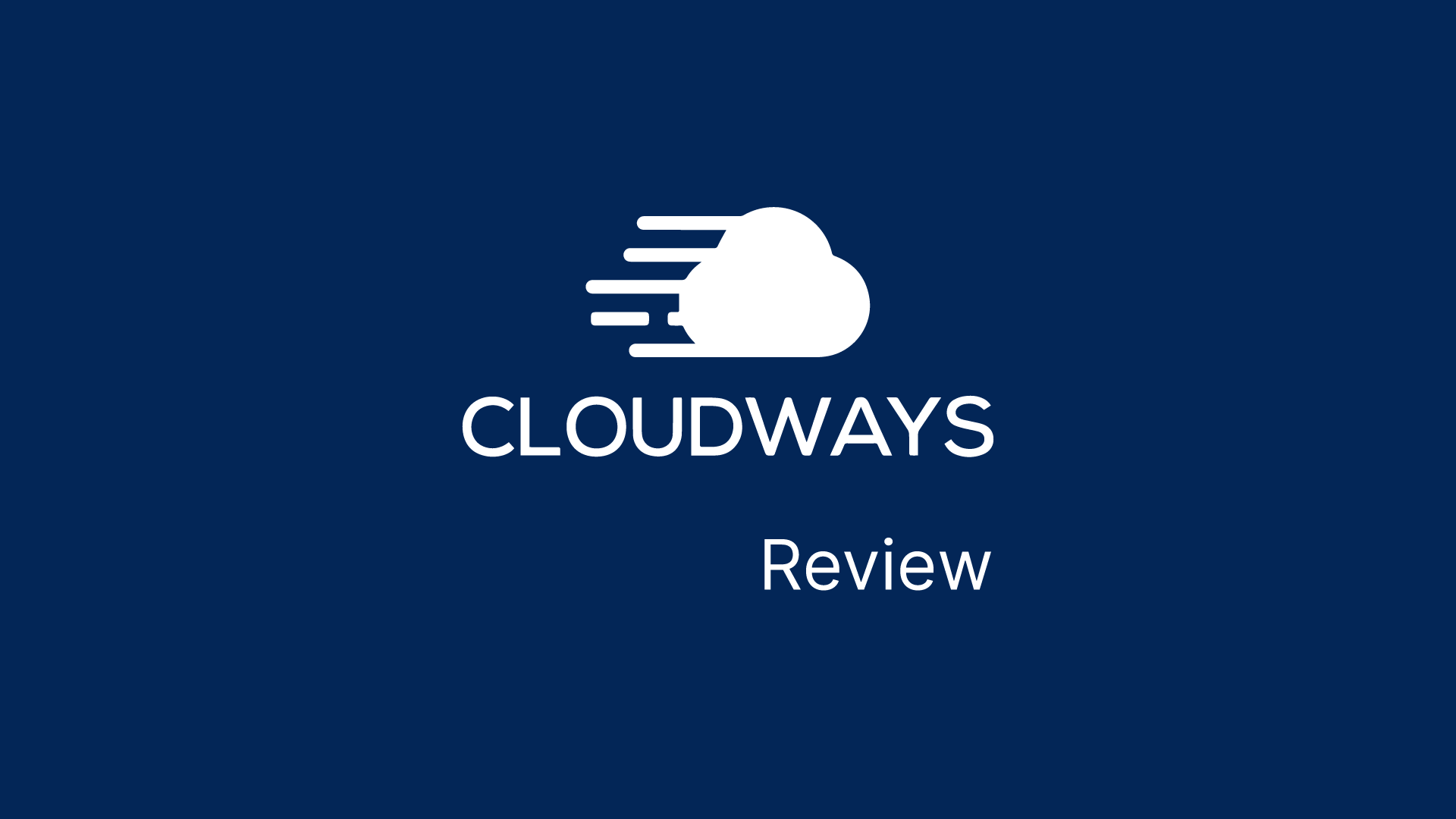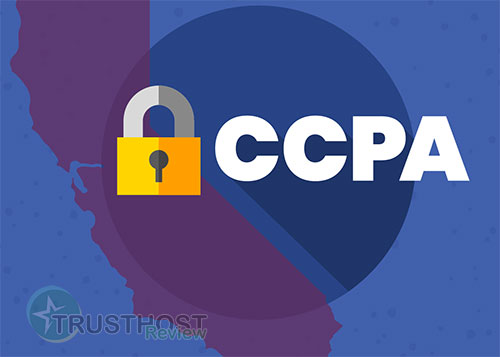HostGator Review 2025: A Comeback Story?
For over a decade, HostGator was the go-to recommendation for beginners looking for affordable hosting. But the web hosting landscape has evolved dramatically. With fierce competition from providers promising blazing-fast speeds and cutting-edge technology, we have to ask: Is HostGator still a viable option, or is it just coasting on its legacy name? This review dives deep into HostGator's 2025 offerings to see if it's truly a comeback story or a relic of the past.
The HostGator Legacy
Founded in a Florida dorm room in 2002, HostGator grew into a behemoth of the hosting industry. Its recipe for success was simple: offer unlimited everything (storage, bandwidth) at a rock-bottom price, coupled with a beginner-friendly cPanel interface and 24/7 support. For millions of first-time website owners, HostGator was the perfect entry point. It demystified the process of getting online. However, in 2012, HostGator was acquired by Endurance International Group (EIG), a conglomerate known for buying up hosting companies. Over the years, some users and industry experts noted a shift, with concerns about server performance and support quality starting to surface as the company scaled under new ownership.
HostGator
Speed & Uptime Tests in 2025
HostGator is a popular hosting company that currently powers over 707,000 websites. It offers hosting packages for websites of all shapes and sizes, ranging from shared hosting to dedicated hosting.
Our Testing Methodology:
- Website Setup: A basic WordPress site with the Astra theme, a few essential plugins, and demo content to simulate a real-world small business site.
- Tools Used: GTmetrix, Pingdom, and UptimeRobot.
- Metrics Measured: Time to First Byte (TTFB), Largest Contentful Paint (LCP), and overall server uptime.
The Results:
Uptime: We were pleased to see that HostGator delivered on its 99.9% uptime guarantee. Over our 30-day test, our site experienced only a few minutes of total downtime, which is well within the acceptable industry standard. For a small blog or portfolio site, this is perfectly reliable.
Site Speed: This is where the story gets more complex. Our site speed tests yielded average, but not spectacular, results.
- Time to First Byte (TTFB): Our TTFB averaged around 650ms. This metric measures server responsiveness. While under a second is acceptable, many performance-focused hosts now aim for under 300ms. This indicates that the shared servers can be a bit sluggish under load.
- Largest Contentful Paint (LCP): Our fully loaded time (LCP) hovered around 2.1 seconds. This is a passing grade, as Google recommends keeping LCP under 2.5 seconds. However, with optimization, we could get it down to 1.8s. This shows that while HostGator isn't the fastest out of the box, you can achieve decent speeds with some effort (caching plugins, image optimization, etc.).
Compared to a competitor like SiteGround, which consistently delivers sub-500ms TTFB and LCP times under 1.5s on their shared plans, HostGator lags. However, compared to other budget hosts in its price range, its performance is competitive. It's not the fast website hosting champion, but it's not the slowest, either.

HostGator's Hosting Plans & Pricing
HostGator's main appeal has always been its price. Let's break down their core offerings for 2025.
| Hosting type | Best for | Price |
| Shared hosting | Blogs, for-fun hobby sites and small business websites | $3.75-6.25 a month, renews at $10-20 a month |
|---|---|---|
| WordPress hosting | Users starting a blog, for-fun hobby site or small business website on WordPress | $4.50-14 a month, renews at $15-27 a month |
| eCommerce hosting | Online stores built with WordPress | $10-13 a month, renews at $25-40 a month |
| VPS hosting | Medium-to-large business websites or sites with complex data needs | Starts at $37-96 a month, renews at $86-149 a month |
| Dedicated hosting | Large business websites or sites with complex data/server customization needs | Starts at $92-142 a month, renews at $182-291 a month |
This is their most popular product, aimed at beginners and small websites.
- Hatchling Plan: For a single website. Perfect for a personal blog or portfolio.
- Baby Plan: Allows unlimited websites. The best value if you plan to run multiple projects.
- Business Plan: Adds features like a free dedicated IP and SEO tools.
The Catch: HostGator, like many hosts, uses a promotional pricing model. The incredibly low price you see advertised ($2.75/month, for example) is only for your initial term, and you often have to pay for 36 months upfront to get it. The renewal rates are significantly higher, often 2-3x the initial price. This is a critical detail for anyone planning long-term. While it's still an affordable hosting option initially, you must budget for the renewal cost.
Managed WordPress Hosting
For those who want a more optimized and secure environment for their WordPress site, HostGator offers managed plans. These come with better security features, automatic updates, and supposedly faster speeds. In our opinion, if you're considering this tier, you should also compare it directly with specialized WordPress hosts like WP Engine or Kinsta, which, while more expensive, offer a demonstrably superior performance and feature set.
Customer Support: 24/7 Help or Endless Waiting?
A host is only as good as its support team, especially when you're a beginner. HostGator offers 24/7/365 support via live chat and phone.
We tested their live chat support three times with common issues: a question about installing an SSL certificate, a query about PHP versions, and a simulated 'slow site' complaint.
- Response Time: We were connected to an agent within 5-10 minutes each time, which is reasonable.
- Quality of Support: The support agents were friendly and followed their scripts. For basic questions, they were helpful and provided links to knowledgebase articles. For our more complex 'slow site' issue, the advice was generic (e.g., 'install a caching plugin'), which is standard for first-level support on a shared hosting plan. They didn't go deep into server-level diagnostics, which is to be expected at this price point.
Overall, the support is adequate for simple problems but may leave advanced users wanting more in-depth assistance.
Is HostGator the Best Hosting for Small Business in 2025?
After a thorough re-evaluation, it's clear that HostGator is not the undisputed king it once was. The competition has raised the bar significantly. However, it's not a complete washout either. It has carved out a specific niche in the modern hosting market.
Who is HostGator For?
- Absolute Beginners: If this is your very first website and you're intimidated by the technical side of things, HostGator's simple sign-up and cPanel interface are still very welcoming.
- Hobbyists and Personal Bloggers: If you're running a small personal project and your primary concern is low initial cost, HostGator is one of the most budget-friendly ways to get online.
- Users with Multiple Small, Static Sites: The 'Baby' plan, with its 'unlimited websites' feature, offers incredible value if you need to host several low-traffic sites without breaking the bank.
Who Should Look Elsewhere?
- Serious Online Businesses & E-commerce: If your website is a primary source of income, the average performance and potential for slowdowns on shared servers pose a risk. You need consistently fast website hosting.
- Developers & Agencies: Developers who need modern tools like Git integration, staging environments, and SSH access out-of-the-box will find HostGator's shared plans limiting.
- Anyone Who Hates Upsells and High Renewal Rates: If you prefer transparent, flat-rate pricing, the HostGator model will be frustrating.

















